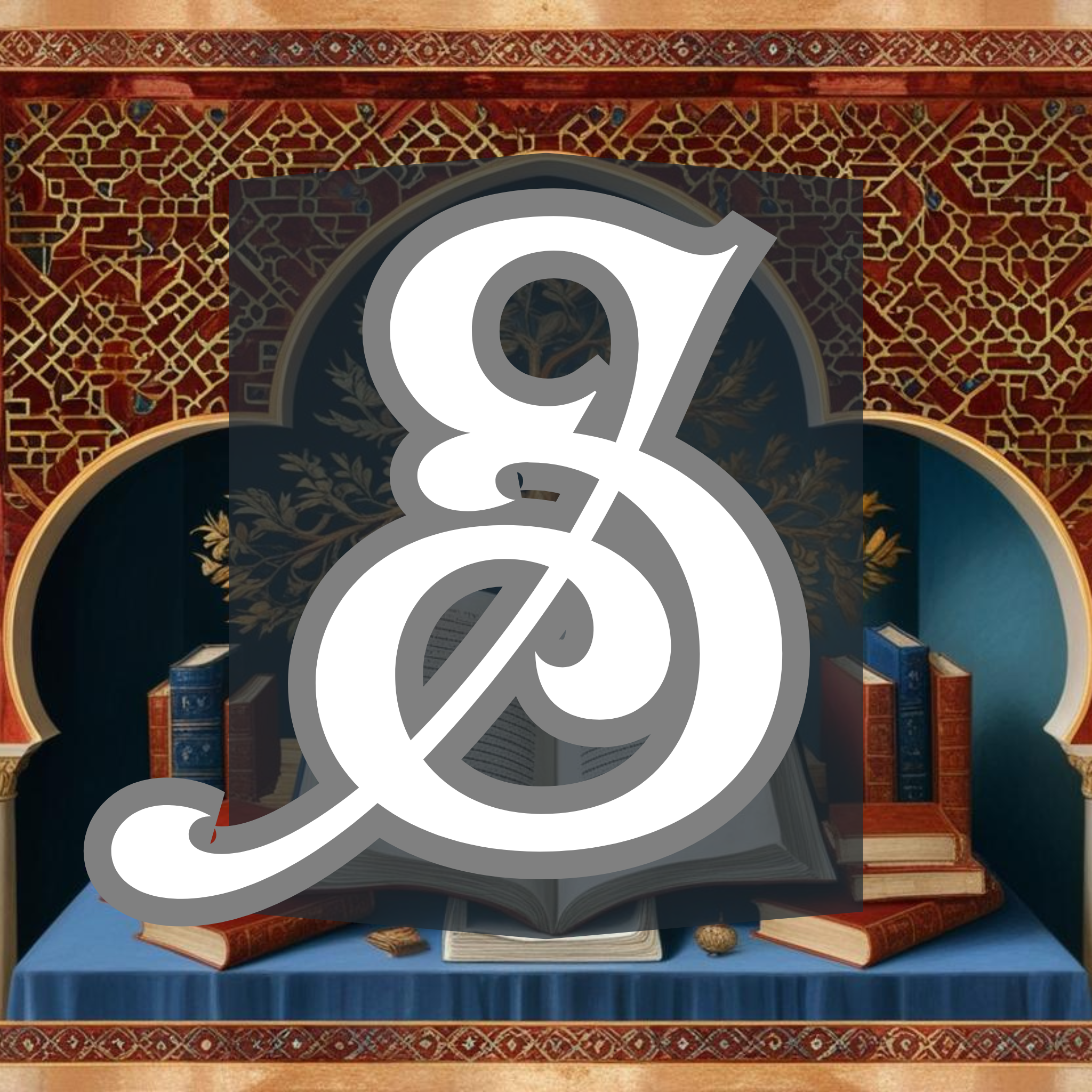From Theophany to Law: Rabbi José Faur on the Berith Sinai-Moab and the Torah as Israel’s Constitution
In Chapter 5 of The Horizontal Society, Rabbi José Faur presents a transformative reading of the Torah, not as a set of religious decrees but as a legally binding contract between God and Israel. The Berith Sinai-Moab, he argues, established a horizontal legal framework, where divine law operates within a constitutional system rather than as … Read more
